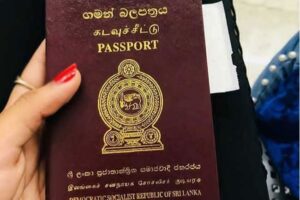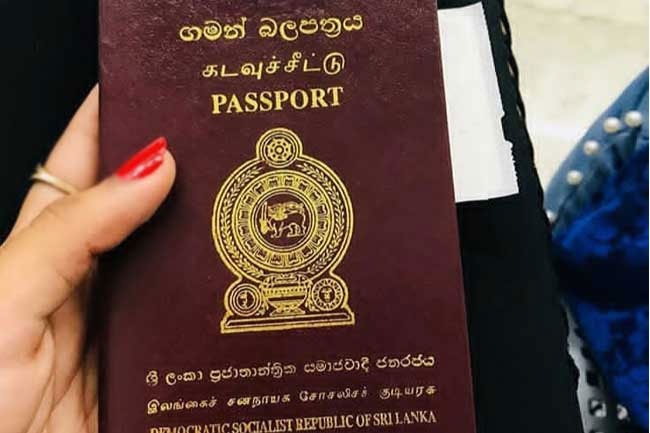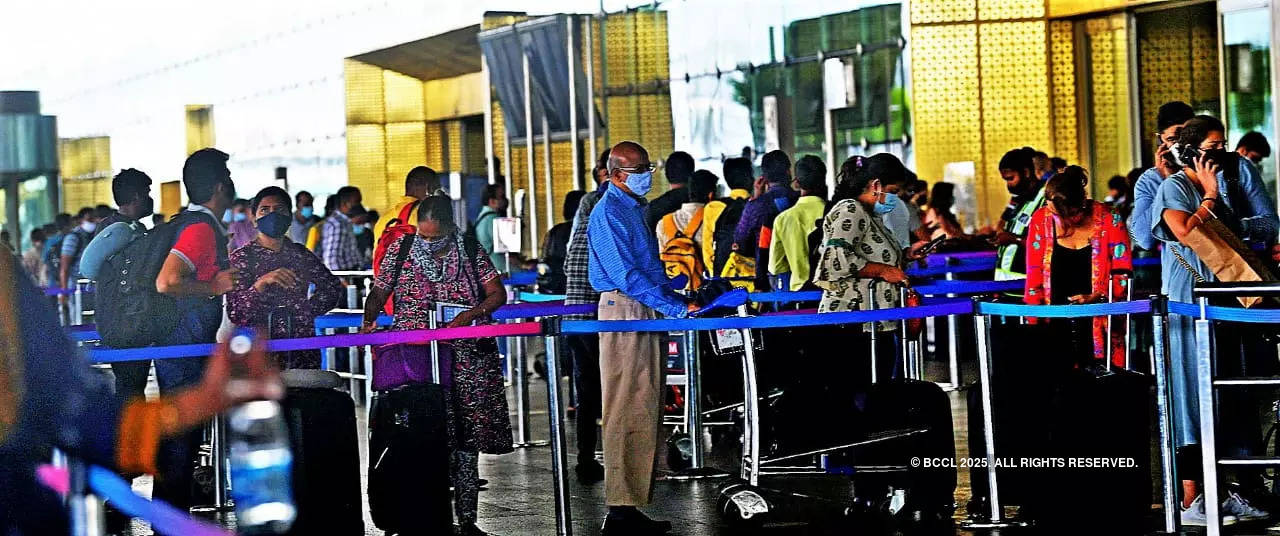Sri Lanka Moves to Tackle Passport Crisis with 24/7 Day and Night Operations Amid Rising Demand

Colombo—Faced with an escalating passport shortage and mounting public frustration, the Sri Lankan government has approved urgent measures to accelerate passport processing and reduce issuance delays. The move follows recommendations from a Cabinet-appointed committee addressing the ongoing crisis, which has seen thousands of applicants struggling to secure their travel documents in a timely manner.
Emergency Measures to Speed Up Issuance
To resolve the backlog, the Cabinet has greenlit a proposal to recruit retired officers from the Department of Immigration and Emigration on a contract basis. The initiative aims to supplement the existing workforce and ensure a more efficient processing system. Additionally, a procurement process is underway to acquire 1.1 million “P” category chip-embedded passport booklets to meet growing demand.
Cabinet Spokesman and Minister of Health, Nalinda Jayathissa, stated that the Department of Immigration and Emigration will operate around the clock to address the delays. Plans are in place to process and issue up to 4,000 passports daily, significantly increasing the department’s capacity.
A proposal by the Minister of Public Security and Parliamentary Affairs to reassign existing government officers, with the approval of the Public Service Commission and the Ministry of Public Administration, has also been approved. The government hopes that these measures will provide a short-term solution to the immediate crisis while working towards long-term improvements in passport issuance.
Background: A Growing Crisis
The current passport delays stem from a combination of factors, including a surge in demand for travel documents, technical constraints, and staffing shortages. Over the past few years, an increasing number of Sri Lankans have applied for passports, driven by economic hardship and the pursuit of opportunities abroad. The sharp rise in emigration applications has placed immense strain on the Department of Immigration and Emigration, resulting in processing bottlenecks.
Adding to the crisis is the global shortage of chip-embedded passport booklets, which has affected supply chains worldwide. This has led to delays in procurement, exacerbating the situation for applicants awaiting new or renewed passports. The issue has sparked public outcry, with many travelers experiencing significant disruptions to their plans.
Public Frustration and the Path Ahead
The passport shortage has been a source of widespread public frustration, with long queues, extended processing times, and limited appointment slots becoming the norm. Many Sri Lankans seeking employment overseas have faced delays that jeopardize job opportunities and migration plans. The government has come under fire for its handling of the crisis, with critics arguing that the lack of proactive measures has worsened the situation.
While the newly announced measures are expected to alleviate some of the pressure, experts emphasize the need for long-term reforms. Enhancing digital infrastructure, automating application processes, and expanding production capacity are crucial steps to prevent future crises.
For now, applicants and stakeholders await the implementation of these measures, hoping for a swift resolution to the ongoing passport crisis. The success of the government’s plan will ultimately determine whether Sri Lanka can restore efficiency to its passport issuance system and meet the growing demand in the years to come.








